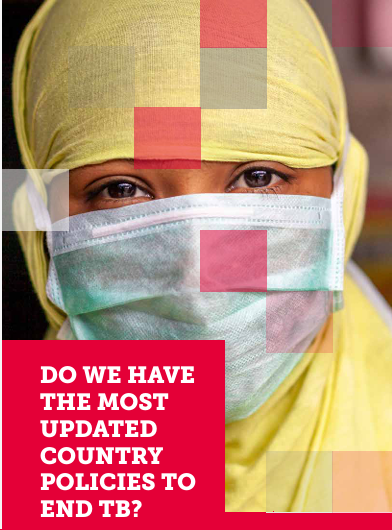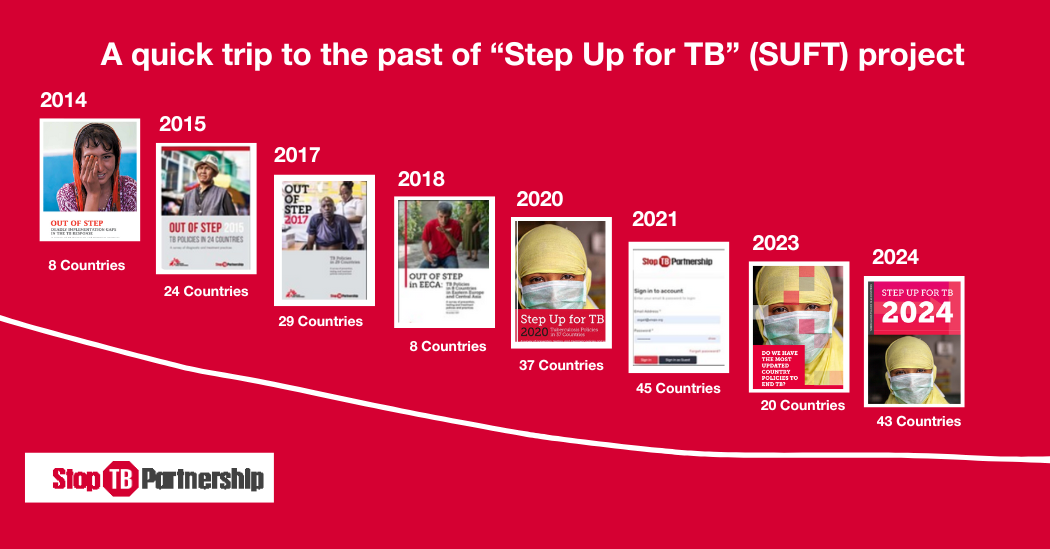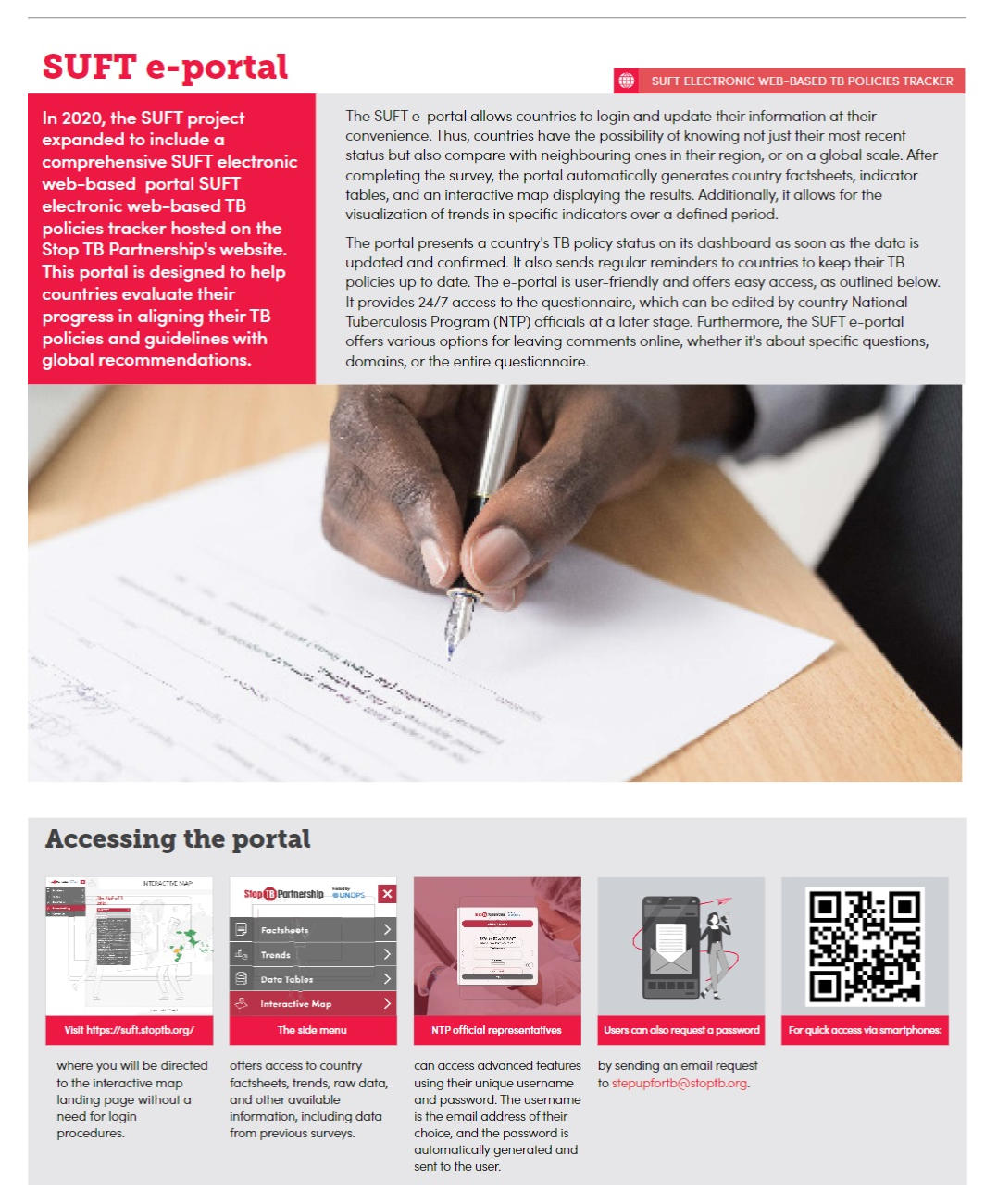Step Up for TB project
 Tuberculosis (TB) remains one of the world’s major infectious killer-diseases, demanding urgent and coordinated action. While scientific advancements and global strategies have significantly improved TB prevention, diagnosis, and treatment, their impact depends on how effectively they are translated into national policies.
Tuberculosis (TB) remains one of the world’s major infectious killer-diseases, demanding urgent and coordinated action. While scientific advancements and global strategies have significantly improved TB prevention, diagnosis, and treatment, their impact depends on how effectively they are translated into national policies.
Some high TB burden countries (HBC) still operate with outdated TB policies that do not reflect the latest international recommendations. This gap can result in delayed diagnosis, suboptimal treatment, and preventable deaths. Aligning national TB policies with evidence-based global guidelines ensures that people receive the best possible care, healthcare systems operate efficiently, and resources are used effectively.
The Step Up for TB (SUFT) project is an initiative led by the Stop TB Partnership (STBP) that tracks the adoption of evidence-based TB policies across HBCs. It provides a comprehensive assessment of how well national TB programs (NTPs) align with the latest international recommendations from different global health institutions. For over a decade, STBP has worked hand in hand with NTPs, supporting countries in adopting and implementing internationally recommended policies. This work has been strengthened by the support of national partners, global health agencies, and key stakeholders committed to ending TB. By updating national TB policies, countries can accelerate progress toward eliminating TB, reduce transmission, and improve health outcomes. It is not just about policy alignment — it is about saving lives, strengthening health systems, and achieving the goal of a TB-free world.
Key Aspects of SUFT project
1. Purposes & Goals
 |
|
2. How it Works
 |
|
3. History & Impact
 |
|
4. Challenges &The Road Ahead
 |
|

Why SUFT Matters
It highlights policy gaps that directly impact patient care and TB control efforts.
It helps governments and partners prioritize resources for TB programs.
It provides data-driven insights for advocacy, funding, and programmatic decision-making.

How to get Involved
Explore SUFT findings through its interactive data tools.
Use SUFT insights to advocate for better TB policies in your country.
Engage with Stop TB Partnership to support future SUFT surveys and initiatives.
📩 For more information, contact: stepupfortb@stoptb.org






